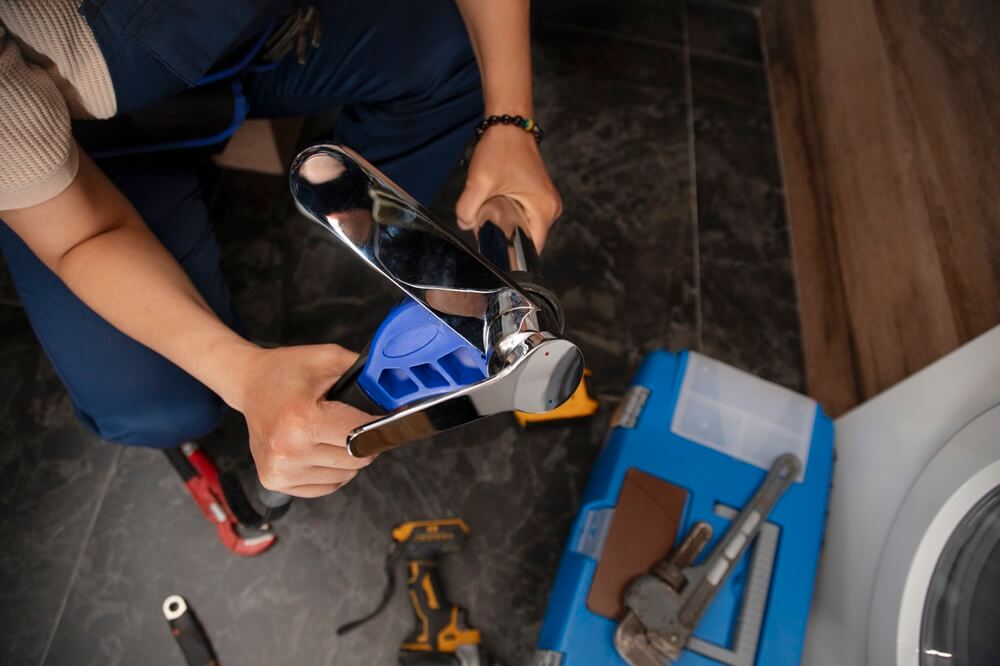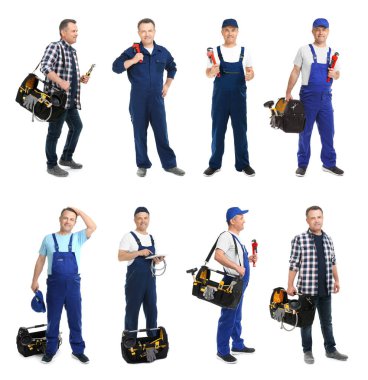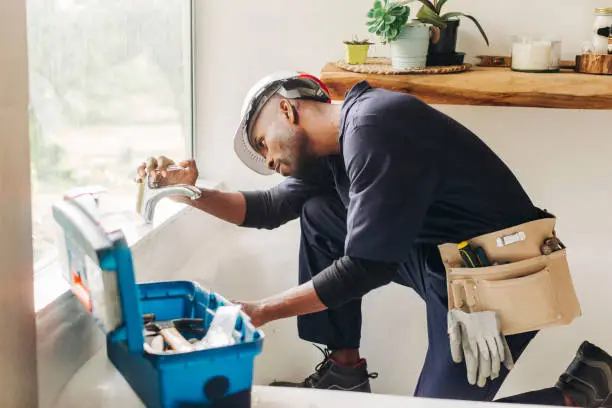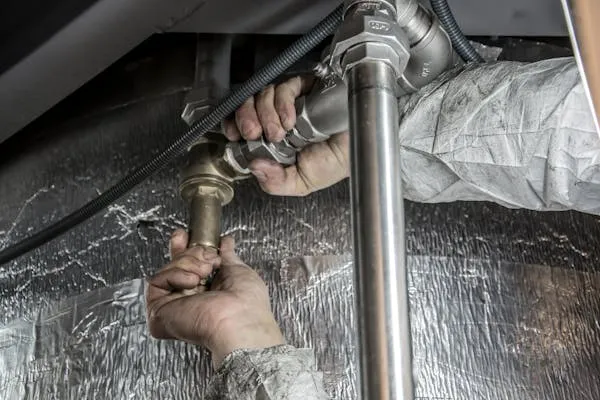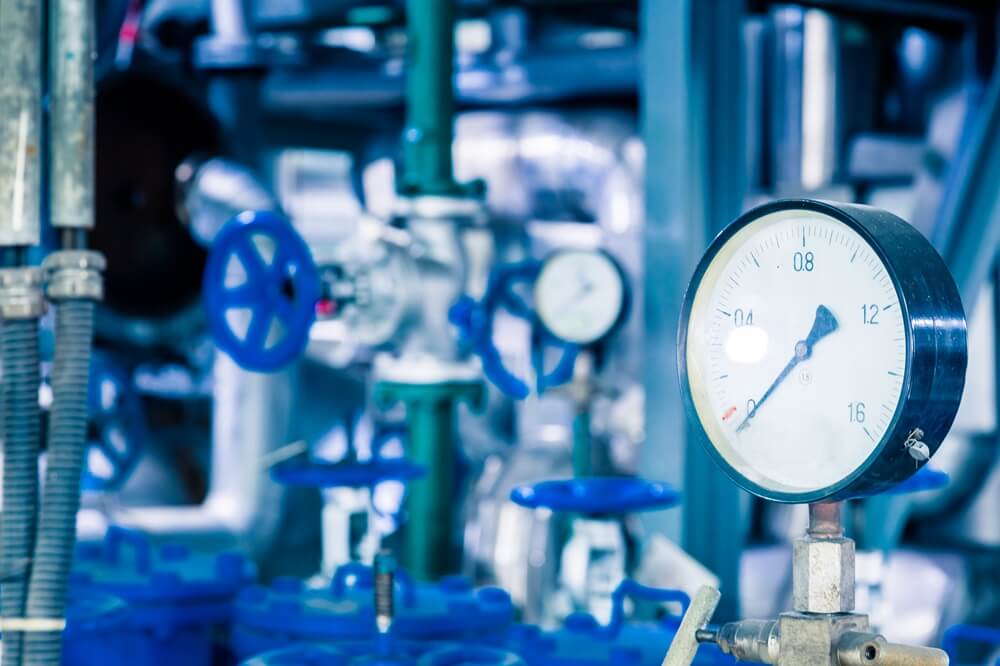For all homeowners, having the contact details of a regular plumbing system in Houston is essential. Every house goes through regular wear and tear and requires maintenance and repair work for pipes, fixtures, and appliances. You would like to ensure that your home is back in working condition within a short time so that every family member can resume their daily routine without disturbance.
Another reason for having a plumbing expert is that in the United States, plumbing leaks waste a huge amount of water yearly. Many of these leaks can be fixed without hiring a professional, but some require urgent professional action. With just a wrench and plumbing knowledge, you can tackle some of the most common leak issues.
Fixing leaks by yourself can save you money, but it’s also important to know when it’s time to call a plumber. With the proper overview of the plumbing system in a typical home, you can rely on Plumbing services to come in handy when you need urgent attention.
The Plumbing System In A Typical Home
With its complex network of pipes fixtures, appliances, and valves, understanding home plumbing might seem overwhelming at first glance. However, if you understand primary plumbing concepts, you can navigate this system like a pro. So when you hire a plumbing expert in Houston, you can see what they are doing and ensure that the job is done properly.
Home plumbing typically consists of two main systems:
- Water supply system
- Drain-water vent system (DWV)
The water supply system is responsible for delivering fresh water into your home. This system relies heavily on pressure and can be supplied by either city water or wells.
Pipes
The water you get through the water lines is ordained by the city administration. A main pipe runs parallel to homes in a street and provides fresh water to all the residences.
If there are issues with your connection to this main pipe, it’s crucial to seek professional help to avoid any legal consequences. Expert Plumbing Services likes to educate all people; therefore, the first step is understanding the water supply.
Wells
In smaller cities, the supply is from wells. The well water is pumped into the pipelines but reduced pressure can lead to water not reaching certain areas of the house, particularly higher or further parts.
Fixtures
Low pressure often affects running showers and faucets, which can be caused by various factors such as leaks or blockages. Homeowners can often fix leaks from loose connections, but more complex issues may require professional attention.
Appliances and valves
The main pipe in your water supply system is typically connected to your water meter, with a shutoff valve located before or after the meter. This valve is essential for shutting off the water supply during repairs or emergencies.
Maintaining the water supply system involves ensuring the piping is correctly installed to prevent leaks. Over time, the plumbing system may degrade, requiring a complete overhaul by a professional plumber. High pressure is crucial for the optimal performance of the water supply system, making it sensitive to damage.
Areas of Plumbing In A Typical Home
The plumbing arrangements within a residential construction are according to particular areas and their respective components. The pipes, fixtures, and appliances in each place are different but work the same way.
In the bathroom, the essential components include the main valve for water flow regulation, basins with cold or mixed water mixers, faucets, and there can be appliances like heaters attached to this plumbing.
Some regular bathroom fixtures include faucet and cistern flush inlets, showers featuring a head shower, faucet, diverter, and floor outlet pipe. There is provision for water heaters to complete the comfort factor of the bathroom.
Moreover, amenities like bathtubs or washing machines are also a part of bathroom plumbing. Expert residential Plumbing services cover all kinds of plumbing jobs in the bathroom, kitchen, and outdoors.
In the kitchen, the essential components include the main valve, sink with cold or mixed water inlets and an outlet, and supplementary fixtures like dishwashers or tap points for washing areas are present. Additionally, the rooftop also requires plumbing.
Open terrace or balcony spaces have the same kind of outdoor plumbing: rainwater outlet pipes. At the same time, roofs may include water tanks and pipelines for storage and distribution purposes. Any good plumbing expert in Houston can help with leaks or repairs in these pipes, fixtures, or appliances.
Types of Plumbing Lines in a Typical Home
Any typical home will have the following plumbing systems: pipes, fixtures, and appliances. The three types of water pipelines are:
Supply Water
As mentioned earlier, the source of the water is a central pipe from which various pipes are led into houses. This pipeline caters to drinking, cleaning, bathing, and toilet flushing. In big apartment buildings, there are sewage treatment plants (STPs), designated to supply water for toilet flushing.
Waste Water
Wastewater management involves floor outlet pipelines and soil pipes. Plumbing experts in Houston can help with the repair and unclogging of these pipes to ensure smooth working.
Rainwater
Outdoor plumbing involves the pipeline for rainwater disposal. From the roof to the underground waste water channels, the rainwater is removed so there are no puddles on the roof that may result in leaked spots on the ceiling.
Conclusion
A reliable plumbing expert in Houston would know about the plumbing system in a typical home, and they can help with all kinds of repair work needed for pipes, fixtures, and appliances. Houston Plumbing Expert provides the highest level of Expert Plumbing services to ensure smooth working in the house so that homeowners can enjoy a peaceful and stress-free routine.
Additionally, a vent pipe, typically interconnected with the soil and drain pipes, is incorporated into the plumbing system to ensure proper ventilation. Positioned with openings at both ends, the vent pipe facilitates the expulsion of foul gases, thereby maintaining system integrity and hygiene.
FAQs For Overview of the Plumbing System in Home
Why is it important to have the contact details of a regular plumbing expert?
Having the contact details of a regular plumbing expert ensures you can quickly address any issues such as leaks, clogs, or failing water heaters. Prompt attention prevents further damage, saves water, and ensures your daily routine isn’t disrupted.
What are the two main systems in a typical home plumbing setup?
Home plumbing typically consists of the water supply system and the drain-water vent system (DWV). The water supply system delivers fresh water into your home, while the DWV system removes wastewater and provides ventilation to prevent the buildup of harmful gases.
What should homeowners do if they experience low water pressure?
Low water pressure can be caused by leaks or blockages. Homeowners should check for loose connections and minor leaks they can fix themselves. For more complex issues, it’s best to seek professional help to ensure proper diagnosis and repair.
What are the main components of bathroom plumbing?
Bathroom plumbing includes the main valve for water flow regulation, basins with water mixers, faucets, showers, floor outlet pipes, and provision for water heaters. Additional components may include bathtubs, washing machines, and other amenities for comfort.
How is rainwater managed in a typical home plumbing system?
Rainwater is managed through outdoor plumbing pipelines that direct rainwater from roofs to underground wastewater channels. Proper management prevents puddles on the roof and potential leaks in the ceiling, ensuring the integrity of the home.

